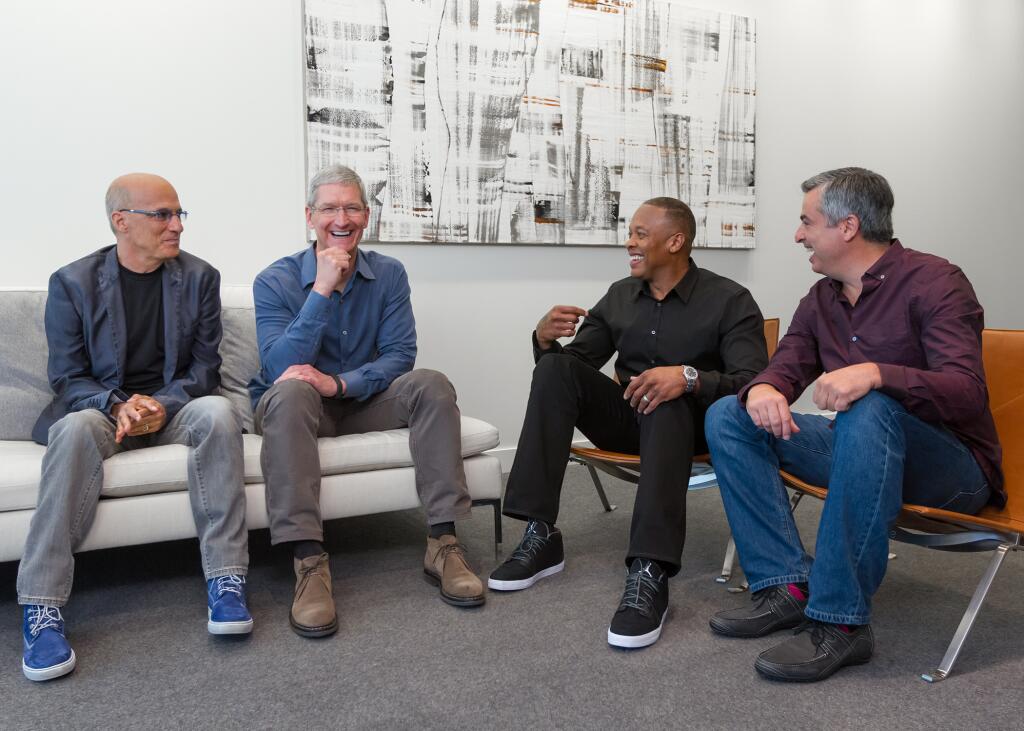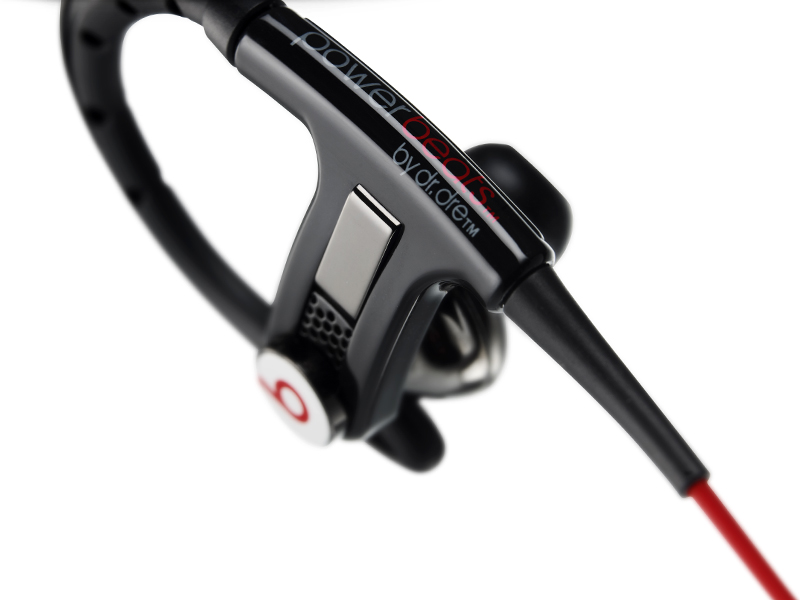As Apple is prepping to shell out $3 billion to buy Beats Music and Beats Electronics’ high-end headphone biz, reports are coming in that audio equipment specialist Bose has gone on the offense and is now taking Beats Electronics to court over its noise-cancelling headphone patents.
Bose alleges its patented tech is used in the Beats Pro noise-cancelling headphones and other products like the Beats Studio and Beats Studio Wireless.
Furthermore, Bose is now seeking financial damages and a sales ban on some Beats headphones, claiming patent infringement. Bose develops, markets and sells a vast range of loudspeakers, noise-cancelling headsets, automotive sound systems, amplifiers and headphones.
Needless to say, Bose holds a number of patents in this space. Its QuietComfort line of headphones has in particular proven itself popular with consumers who want to get away from outside noise. And just like Beats, Bose gets frequently criticized as some reviewers slam their high-end products for being overpriced and of average quality…
The news was first reported in a tweet by CNBC.
BREAKING: Bose sues Apple’s Beats over noise-canceling headphone patents. (via @CNBCJosh) $AAPL
— CNBC (@CNBC) July 25, 2014
Bose’s current lineup of noise-canceling headphones incorporate “at least 36 U.S. patents and applications,” according to court documents, 22 of which are granted patents and 14 applications are currently undergoing review by patent authorities.
According to Bose’s full complaint filed with the United States International Trade Commission on Friday, listed on Priorsmart, the following patents are being asserted against Beats:
- 8,073,151: “Dynamically configurable ANR filter block topology” by Joho et. al.. Includes 30 claims (2 indep.). Was application 12/430,994. Granted 12/6/2011.
- 8,073,150: “Dynamically configurable ANR signal processing topology” by Joho et. al.. Includes 24 claims (2 indep.). Was application 12/430,990. Granted 12/6/2011.
- 6,717,537: “Method and apparatus for minimizing latency in digital signal processing systems” by Fang et. al. Prosecuted by Thelen Reid & Priest LLP Robbins; Steven J.. Includes 19 claims (3 indep.). Was application 10/179,930. Granted 4/6/2004.
- 8,345,888: “Digital high frequency phase compensation” by Carreras et. al.. Includes 16 claims (3 indep.). Was application 12/750,309. Granted 1/1/2013.
- 8,054,992: “High frequency compensating” by Sapiejewski.. Includes 23 claims (6 indep.). Was application 11/409,894. Granted 11/8/2011.
The civil complaint (Bose is a privately-owned company) mentions Beat Electronics and Beats Electronics International as defendants.
Beats has been building high-end headphones since 2005. Bose, on the other hand, has been in the business since 1964 so it’ll be interesting seeing how this one plays out.
Each company has found lucrative success, but the timing of Bose’s complaint is impeccable, no question about it.
CEO Tim Cook said during last earnings call with Wall Street analyst that the Beats transaction would close during the current quarter. Because the transaction is still pending regulatory approval, any damages stemming from the lawsuit could be factored into sale price.
The Beats Powerbeats noise-cancelling headphones.
Various Beats products, as explained on the company’s website, tap three different technologies to surprise outside noise: noise-isolation, noise-cancellation and adaptive noise-cancellation.
Founded in 1964 by Amar G. Bose, Framingham, Massachusetts-headquartered Bose Corporation specializes in audio equipment. The company has eight manufacturing facilities, 153 retail stores as of April 2013 and an automotive subsidiary in Stow, Massachusetts.
I’m not a big fan of lawsuits though I’ll be the first to admit it’d be heck of a fun watching Bose’s legal sharks cross examine Beats’ Jimmy Iovine.
I’ve reached out to both Apple and Bose and will update the story if either company responds, or as more information becomes available.

